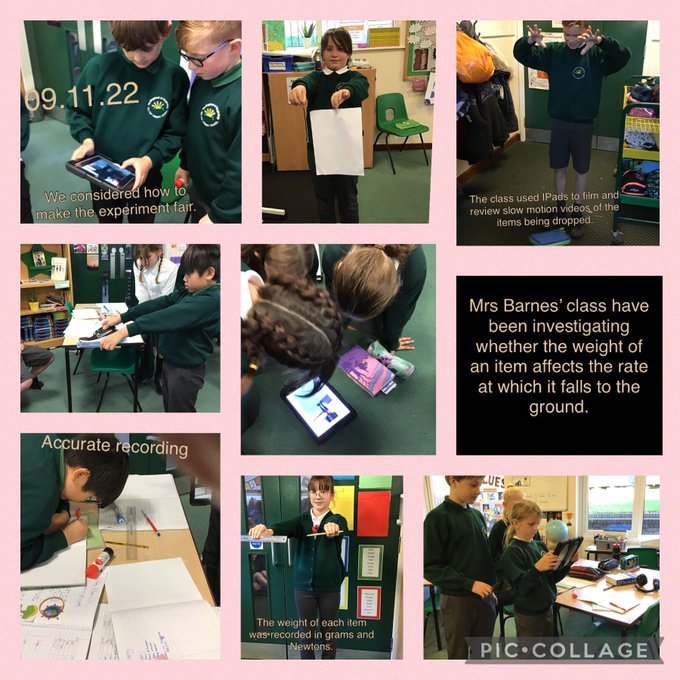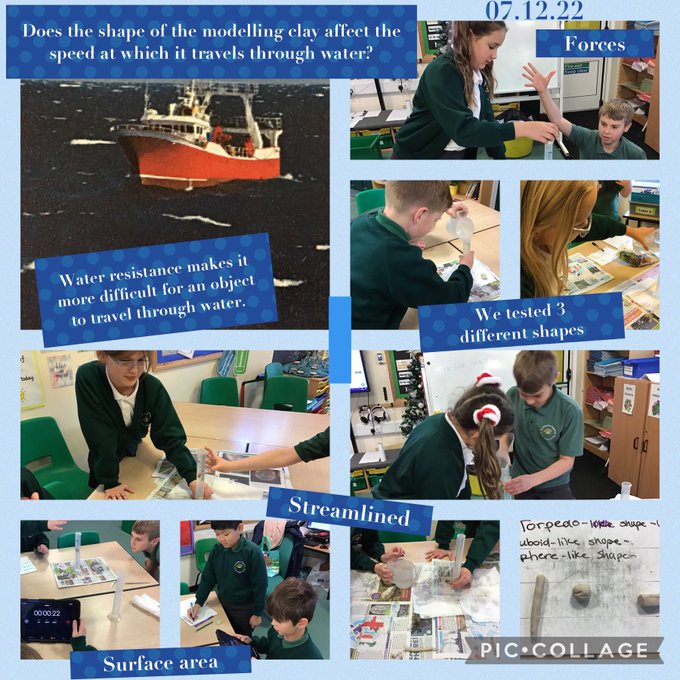Science
|
At Ashby Hill Top Primary School, we are passionate about our children becoming enthusiastic and skilled scientists. We aim to encourage curious learners who ask questions about the world around them, how things work and why things exist. We want children to make connections between areas of knowledge, both from previous Science learning and also cross-curricular links to other subjects.
By approaching Science as a spiral model – recapping and retrieving knowledge; exploring and investigating; and building upon existing knowledge, we will provide a rich and solid foundation on which pupils can confidently progress. By using the local environment and children’s own experiences, their learning is meaningful and memorable. Scientific enquiry skills are embedded in each topic the children study and these topics are revisited and developed throughout their time at school e.g. plants are taught in Key Stage 1 and again in further detail throughout Key Stage 2. By coherently planning and sequencing our science curriculum, this model allows children to build on their prior knowledge, increase their enthusiasm for topics whilst embedding this procedural knowledge into the long term memory. All children are encouraged to develop and use a range of skills including observations, planning and investigations that are age-appropriate. They are encouraged to question the world around them and become independent learners in exploring possible answers for scientific based questions. Key vocabulary for topics is taught and built upon, whilst effective questioning to communicate ideas is encouraged. Concepts taught are reinforced by focusing on the key features of scientific enquiry, so the children learn to use a variety of approaches to answer relevant scientific questions. Our intention is that children play an active role in their investigations and research, challenging given facts and being inspired to ask further, related questions. Their role as young scientists, is not simply to regurgitate facts, rather it is to move outward from a starting point, with skill and confidence, considering what findings mean and how this relates to what they already know. |





